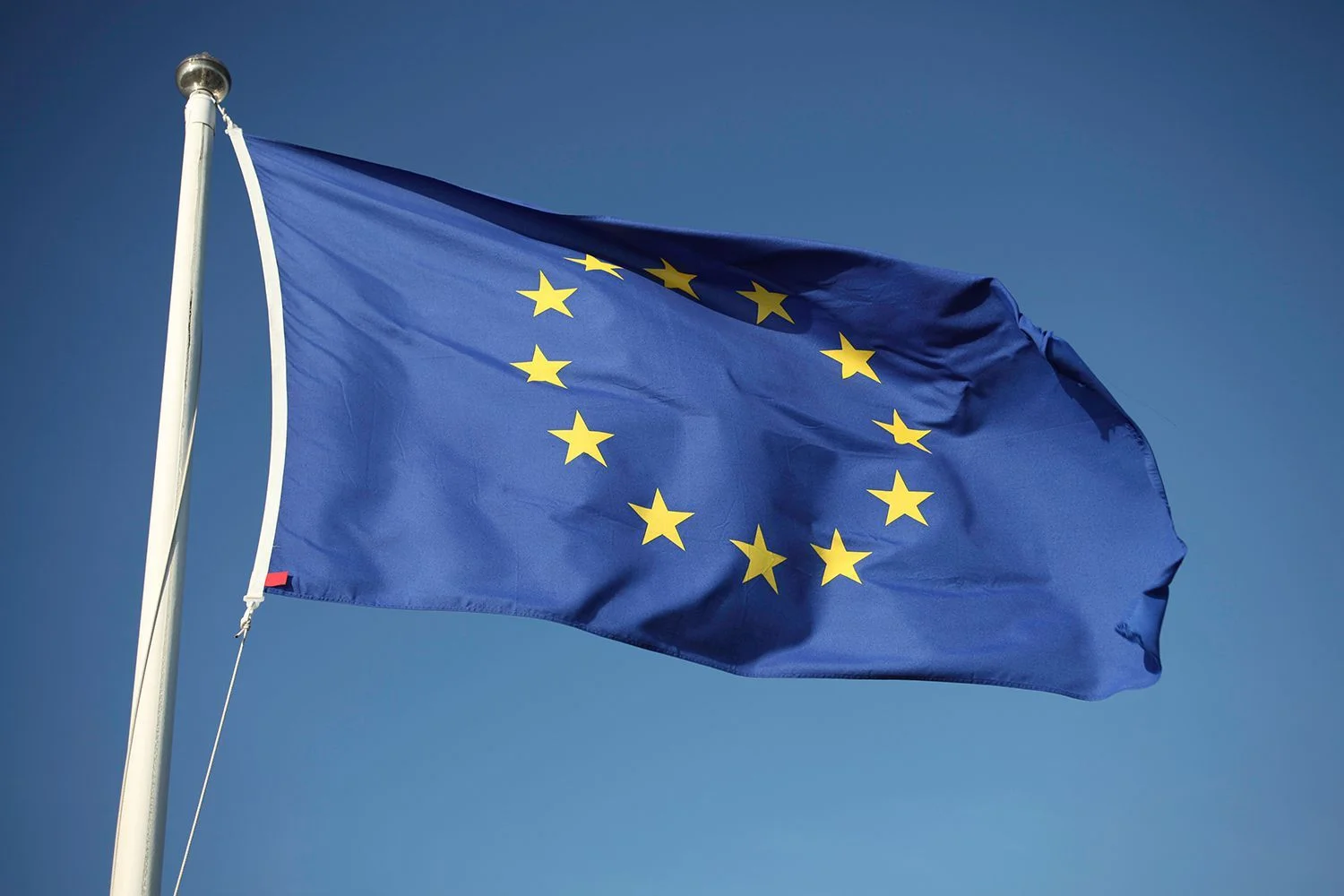The European Union is ready to introduce uniform rules for short-term rentals
120
9/16/2025

Everything is standardized. That's certainly true in Europe. At the end of September, the Internal Market and Consumer Protection Committee (IMCO) of the European Parliament adopted pan-European rules for short-term rentals. In a month, in October, they will have to be agreed upon by the European Parliament. This means that uniform rules will appear in the tourist rental markets of EU countries very soon.
Last year, 13 European cities, including Amsterdam, Paris and Barcelona, called for urgent EU action. They argued that long-term rentals were increasingly turning into short-term rentals, causing prices to soar and increasing problems for residents.
Some cities and countries are trying to regulate the process themselves, for example, by setting a maximum number of days during which housing can be rented out. Or requiring owners to register and obtain licenses, as Amsterdam did in its time.
However, to comply with the rules, authorities need access to relevant information from websites. It is important to know, for example, the location of the property, the identity of the owner, the number of guests, and the duration of their stay. There is currently no legal framework for this in Europe.
In November 2022, the European Commission proposed rules for the EU to share such data. And now this plan is almost unanimously supported by the IMCO committee.
What will change
EU states should establish a single digital entry point to receive data from platforms about the activities of adverts (e.g. specific address, relevant registration number, advert URL).
An online procedure will be launched (hopefully simple) for registering properties for short-term rentals in EU Member States that require it.
Public access to information will be increased, allowing authorities, online platforms, hosts and citizens to better understand the new rules.
Online platforms will have to ensure that the information provided by owners is accurate and complete and that the registration number is clearly visible on the advert.
Member States will have 18 months to adapt their registration systems and create the appropriate IT infrastructure...
Are there any questions or do you need advice?
Leave a request
Our expert will contact you to discuss tasks, choose solutions and be in touch at each stage of the transaction.

